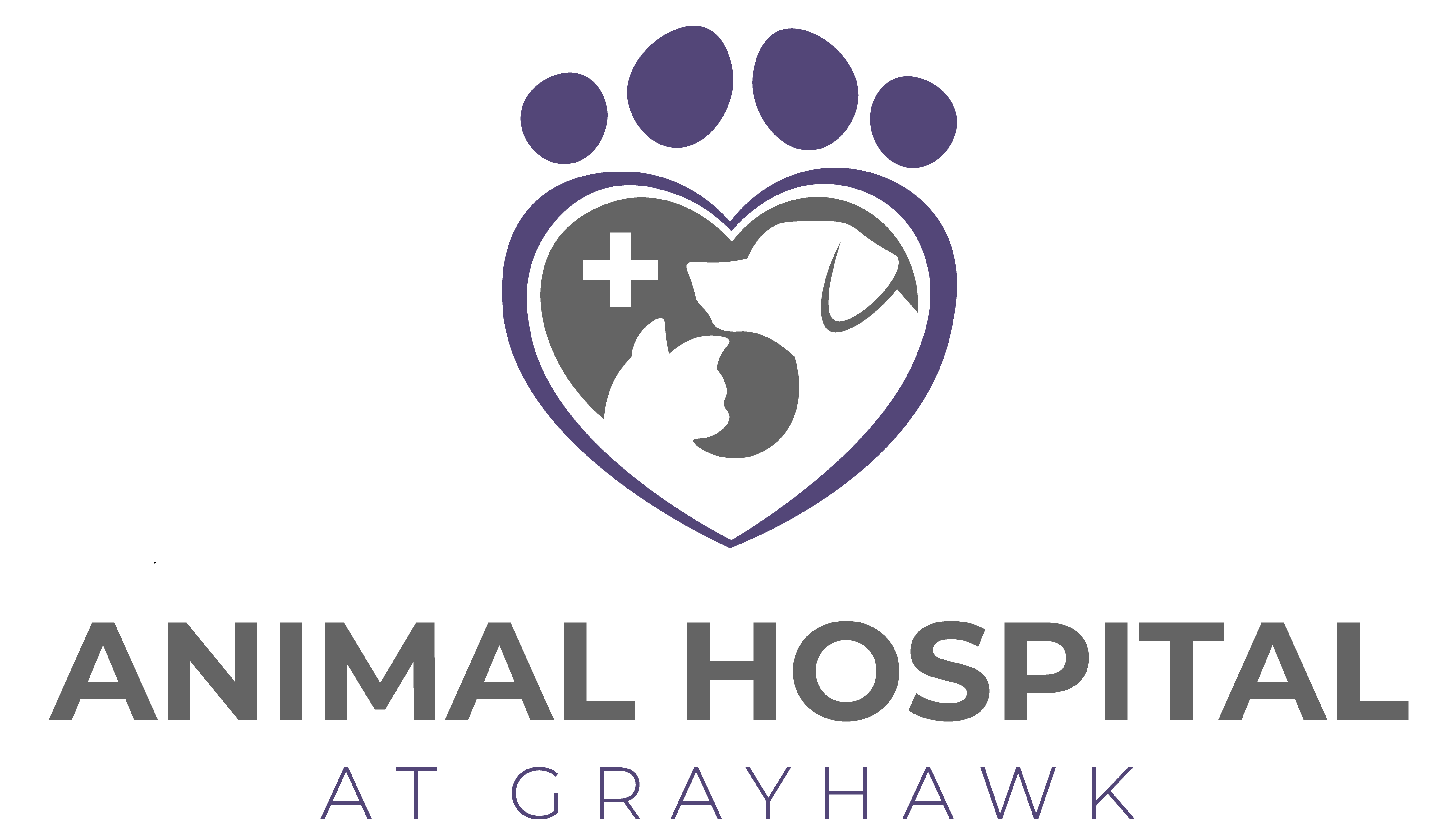1. What is it? Leptospirosis is a bacterial disease that is shed in the urine of infected animals. The bacteria are passed through the urine into water sources, where they reside and reproduce. The bacteria can be present in any stagnant surface water, moist soil, and recreational water sources such as ponds and lakes.
2. How do we get it? Your dog can become infected with Leptospirosis by drinking, swimming in, or walking through contaminated water. The bacteria can enter the bloodstream through a cut in the skin or through mucous membranes. For some reason, cats seem to be immune to this bacteria. This disease is zoonotic, which means that humans can get this, though it is very rare for the specific type of infection that causes illness in dogs to also cause sickness in us. We can get it the same way as our dogs; by ingestion, through a cut in our skin, or through our mucous membranes.
3. What does it do? Leptospirosis invades the bloodstream within 4-7 days and can spread to all parts of the body within 2-4 days after the initial infection. The two main organs that it affects are the kidneys and liver. The most common symptoms include fever, loss of appetite, vomiting, diarrhea, dehydration, weakness, depression, and lethargy.
4. What is the treatment? Antibiotics are reasonably effective if they are begun promptly. However, these dogs are usually so sick that they will need hospitalization and intensive nursing care, including intravenous fluids.
5. How can it be prevented? To protect your dog, vaccination is the key. We recommend a 4-way vaccine to protect your dog against the most common types of Leptospirosis. Your dog needs an initial vaccine, followed by a booster vaccine 3-4 weeks later. After that, your dog will need to get an annual booster to maintain proper immunity.
6. Should I get my dog vaccinated? Your dog may be at increased risk if any of the following applies to your pet:
If your dog is boarded, goes to dog parks, or participates in dog shows.
If your dog spends a lot of time in the outdoors hiking, or swims in natural waters.
If your dog lives on a ranch or farm and there may be contact with another animal’s urine.
If you take your dog hunting.
If your dog travels widely around the country, or lives any part of the year in other areas of the country that are also affected with leptospirosis.
If your dog needs to be vaccinated, please call us at 480-585-3512 during regular business hours or request an appointment anytime at our website!

